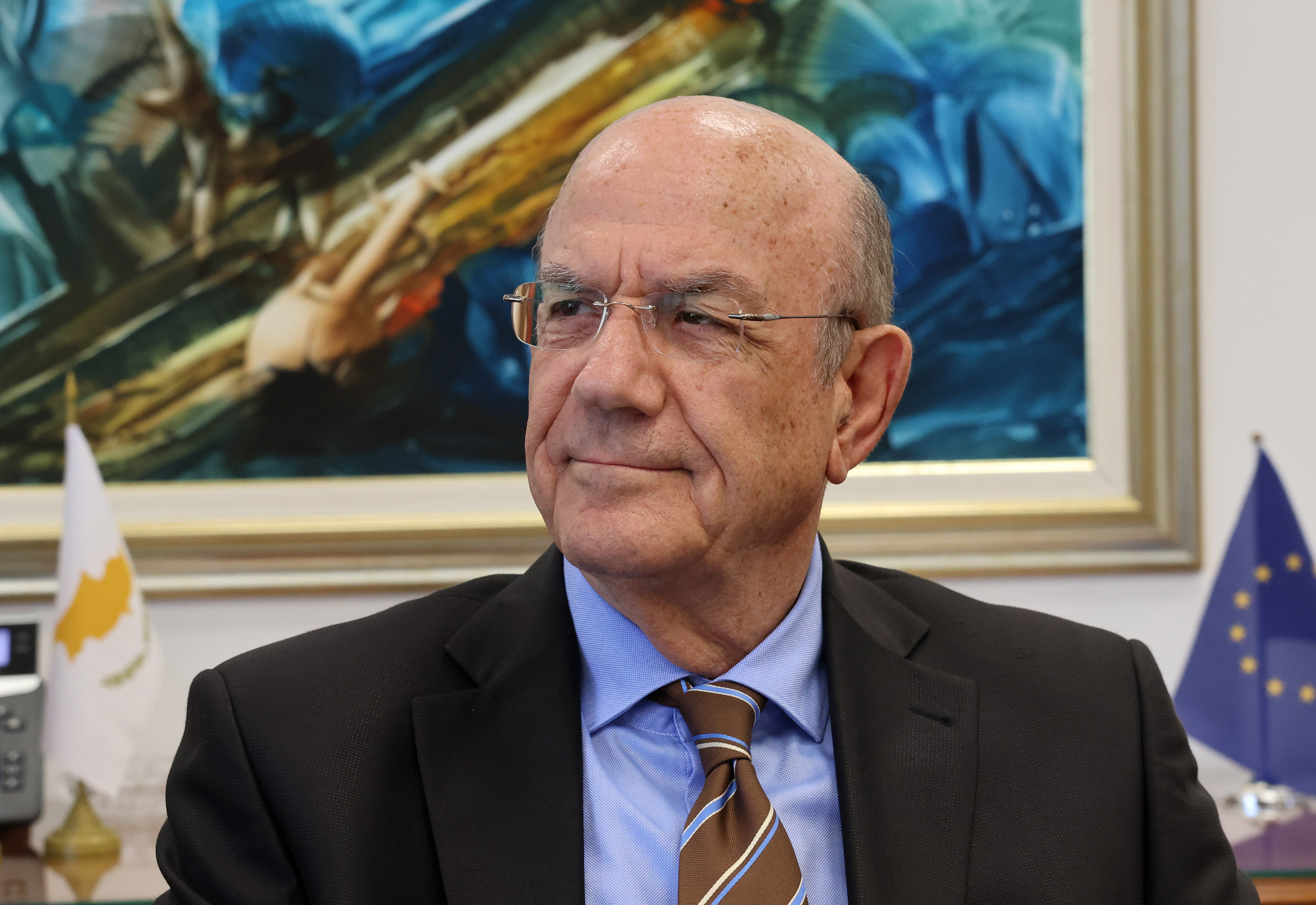The European Commission sounded a warning about state expenditure for this year as it was forecasted to grow by more than the government stipulated it would. The government’s commitment to the EU was for the growth of spending to reach 6 per cent in 2025 but according to the Commission’s six-monthly report this will reach 7.3 per cent.
This could cause Cyprus to fail to meet its obligation regarding the average annual rate of growth of state spending for the 2025-2028 period, which was set at 4.9 per cent. The yearly spending growth targets for achieving this average, were 6 per cent this year, 5 per cent in 2026, 5.4 per cent in ’27 and 4.3 per cent in ’28.
Many things can change in these three-and-a-half years, affecting the government’s forecasts, but it is always good to work towards meeting targets. It also allows policies to be adjusted when indicators are veering away from the targets. Whether the Christodoulides government, which has not been very cautious in its spending, will heed the warning remains to be seen.
The concern is that because the economy is doing so well – healthy rate of growth, budget surplus, inflation under control, employment at record levels, the public debt at manageable levels, businesses thriving – it could lead to complacency, which is never a good thing. And all presidents show a tendency to turn on the spending taps when the economy is doing well. This government has spent generously on support schemes, aimed at helping people deal with high prices.
Finance Minister Makis Keravnos, issued an announcement after the Commission’s report, saying the situation was under control and that fiscal discipline will not be abandoned. Keravnos said the effort for “rationalisation of public finances will be stepped up,” including on spending on the public payroll. The Commission also pointed out that the public payroll contributed to the higher spending.
There had been warnings about the public payroll in report by the IMF which advised scrapping CoLA and annual pay increases. Keravnos said the IMF was currently preparing specialised studies aimed at reducing “in the medium term” the rate of increase of the payroll cost of the civil service. It would have to be a very special plan for it to be accepted by the public sector unions which have already slammed the IMF’s recommendation about the payroll.
In this regard there appears to be a split in the government. On the same day that Keravnos issued his announcement, Labour Minister, Yiannis Panayiotou, was waxing lyrical about CoLA on television, describing it as “a blessing” and saying “it will be expanded”, which is a demand of the unions. Surely when it is “improved, modernised and protected,” as Panayiotou said it could undermine the rationalisation of the payroll that Keravnos was speaking about.
This is what is worrying. Keravnos and Panayiotou are not on the same wavelength, there will always be a worry that the shameless populist Panayiotou will win over the president when a decision will have to be taken about the payroll.






Click here to change your cookie preferences